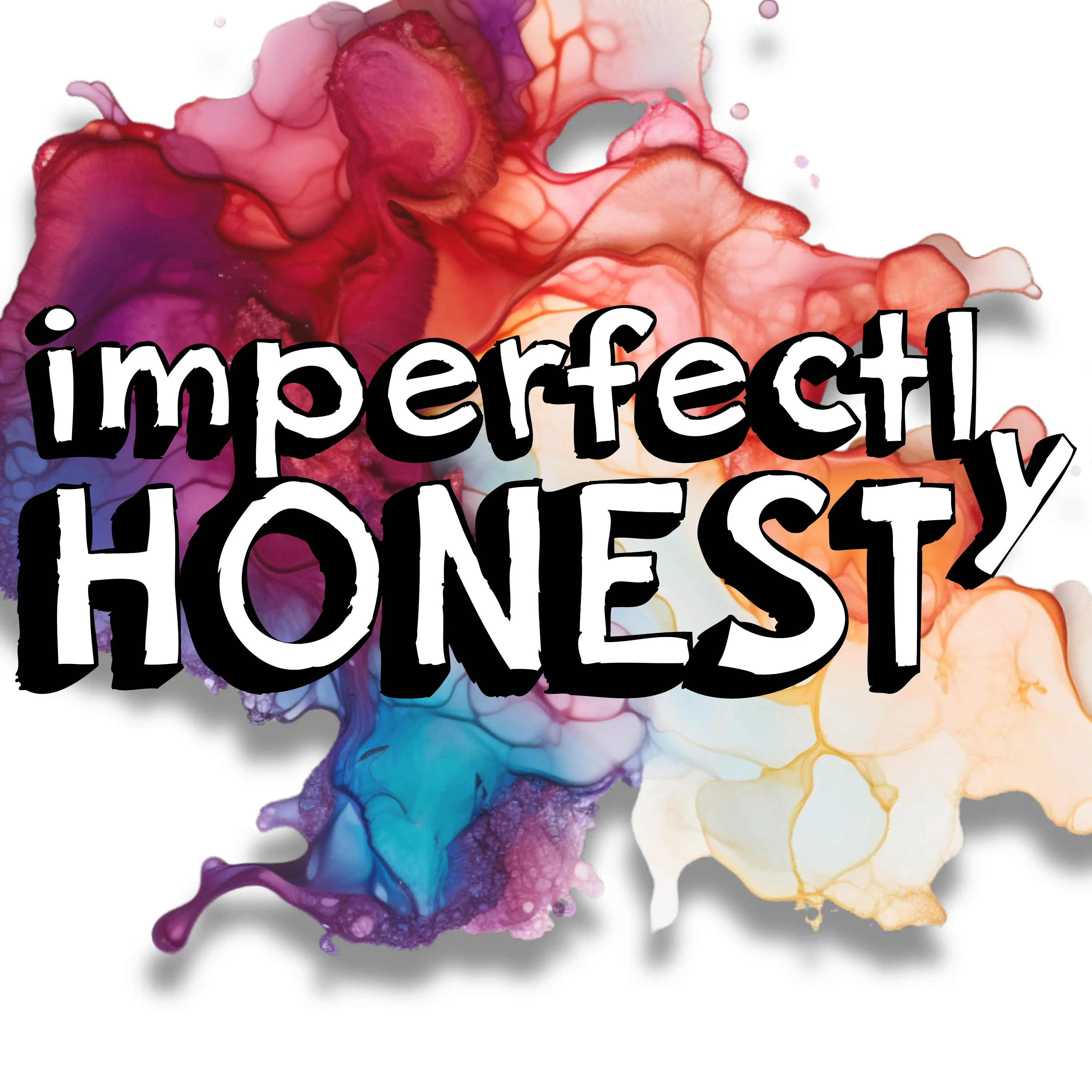As a recovering Know-It-All, I recognize that I’ve spent a fair portion of my life seeking satisfaction out of winning arguments on the merits. Or, at least, on what I considered the merits. That is, if push came to shove and I found myself appearing before SCOTUS, I could prove my position with such cold, hard facts that the Court would unanimously declare me the winner.
In other words, I would get to wear the “I’m right and you’re wrong” sticker. Maybe even graduate eventually to a trophy or plaque.
To provide a little more clarity in terms of the issues at hand, sometimes I actually was on the side of truth and justice, and my motives were pure and honorable.
But, even in those circumstances, did I really need to get the “win”?
Here’s an example. At one point in my career, I was in the top decision-making position involving a policy issue. Rules were being bent and unfair accommodations were being made on behalf of a former director of the organization. She was taking this advantage based on her prior achievements and positive relationships within the organization.
For further context, and to be completely honest, at the time, no one (except the truth police in my head) was being negatively impacted. It just wasn’t “right.”
I had it all on my side—the clear-cut regulations being broken, the more “based on emotion than facts” arguments of the opposition, the potential dangers down the road. So, I stood my ground on the policy. I won the battle.
However—and I think you know what’s coming—I ended up losing the war.
I lost the respect of those who saw shades of gray, rather than black and white, in the situation. And, more than that, I created a negative dynamic with the former, albeit still influential director and her supporters, which served to put up roadblocks (or at least speed bumps) in my ability to implement other, less controversial, but very beneficial, policies and changes.
I realize now that I may have also let my ego have a hand in the decision-making.
So, what would I do if I could turn back time? (If you know me, you knew the musical link was inevitable. I mean, who looks and sounds like this at 78??)
In that long-distant past, I hope I would have found a creative and legal way to acknowledge the unique circumstances involved in allowing the rule tweaks, turning it into a more benevolent, rather than a punitive, event. At the same time, I would have been vigilant about ensuring that the reasons the rule existed were still being protected.
I’ve grappled with this dilemma in my personal life as well. There were times when I had either a friend, family member, or significant other dead to rights in a conflict, with all the receipts available to spread out in front of both pairs of eyes.
But I’m learning. More recently in those situations, I make myself pause, take a breath. A long one.And I then I pivot towards assessing compromise vs victory.
And more often than not, it serves me well. That notch I may have added in the past to the “win” column pales in comparison to how I now feel about myself afterward. And, I like to hope, how the other person involved feels about me as well.
But every situation is different. I know there are times when we need to hold firm on what feels like a moral issue, despite the resulting fallout. Especially if others are being negatively impacted.
Or, conversely, there may be times when we could allow those who we perceive to be “in the wrong” to join the decision-making and share their perspectives.
Because how can we truly be sure our position is absolutely, no doubt about it, the only right one, if we don’t first look at it from all sides?




Another well-written, well thought out post, Sheila – the older I get, the clearer this becomes